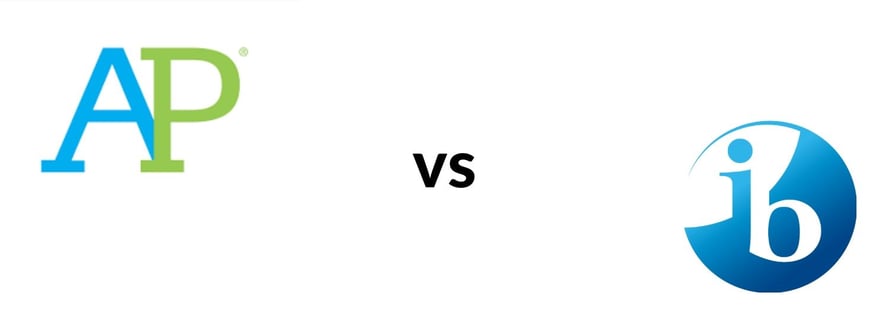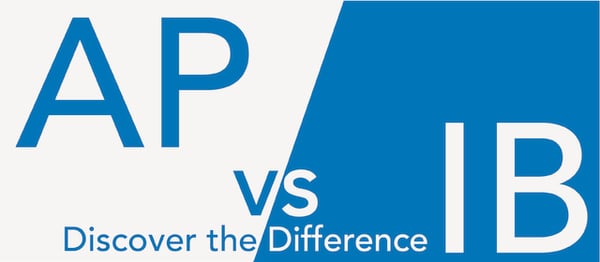
Choosing between taking the International Baccalaureate (IB) and Advanced Placement (AP) courses can be a difficult decision for many families. For the amount of time and effort your children will be required to invest in them, you want to make sure they achieve the end result they desire by gaining admission to their best-fit university.
We know that as a parent you do not take this decision lightly, which is why we’ve outlined why an AP curriculum is a beneficial option.
AP is More Widely Recognized than IB
Both IB and AP programs are internationally recognized as academically rigorous curriculums. While either program will help students set themselves apart from others as adept, intelligent, and capable students to a college admissions review, most admissions officers are more familiar with the AP.
According to an article published by Inside Higher Ed., the advantage for students taking AP classes is the familiarity of the program with admissions officers, they understand exactly how rigorous these courses truly are.
This insight will give your children an advantage, as those making the decision to accept them are knowledgeable of exactly what work your children accomplished to earn their grades.
AP Courses can Earn College Credit
Most colleges will grant students credit for advanced-level IB scores; however, standard-level IB exams are not usually accepted. With AP courses, students earn college credit, which inherently makes them more appealing to college admissions officers.
By allowing the possibility for course credit and teaching students such a high level of subject matter, taking AP courses means students can skip introductory courses in their first year of post-secondary. This also means AP courses can either free up space to take more challenging or interesting courses in university or can result in them graduating early.
“Many of Concordia Shanghai’s graduates finish high school with enough AP credits to mostly take sophomore classes when they start college or university,” said Patrick Love, our High School college counselor.
AP Provides Freedom to Take Specific Courses
AP courses give your children the choice to take the courses they are interested in, which can be beneficial for students who have already chosen their major.
It also does not force students to take difficult courses in areas where they don’t have any interest, may not be their strongest, or may not pertain to their career path in any way.
“AP courses give students the opportunity to challenge themselves and grow in areas of interest or strengths they have discovered,” said Love.
Where the IB program is a predetermined set of courses, choosing AP means your children have the flexibility to take as many classes as they are interested in taking or as many as they can handle. Additionally, the IB program is a two-year commitment, whereas AP takes only one year to complete.
AP is Solely Curricular
Both IB and AP courses are beneficial for students looking to impress college admissions officers. But while both are viewed equally by U.S. admissions officers, IB often requires both curricular and extracurricular responsibilities and is tested throughout the two-year term, unlike AP which is tested via a final exam.
By being solely curricular, AP courses allow students the ability to focus their energy on coursework and studying for their exams.
When understanding the differences between IB and AP, and what each offers your children, the number of resources at your fingertips can sometimes feel overwhelming. This is why we’ve created a page exploring AP vs IB, the differences and similarities between the two, and ultimately how each strengthens your children’s college applications.





